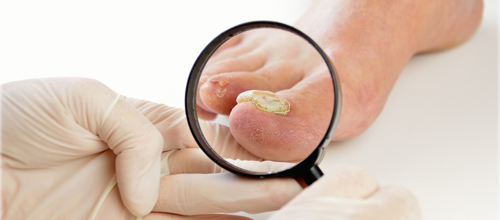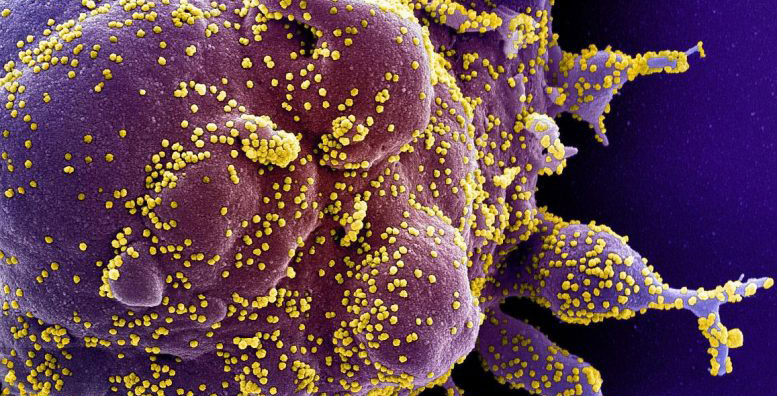To make a psoriasis diagnosis, a board-certified dermatologist will examine your skin, nails and scalp for signs of the disease. To assist in a diagnosis, a dermatologist will also ask if you have any symptoms, joint issues, blood relatives with psoriasis, other recent illnesses or increased stresses in your life.
If a psoriasis diagnosis is made, your dermatologist will create a treatment plan to best meet your individual needs. To make your plan, your dermatologist will consider the type of psoriasis you have, its location on your body, its level of severity, its impact on your life and other preexisting medical conditions you may have.
While there is no cure for psoriasis, it is possible to effectively manage this condition.









Leave a Reply